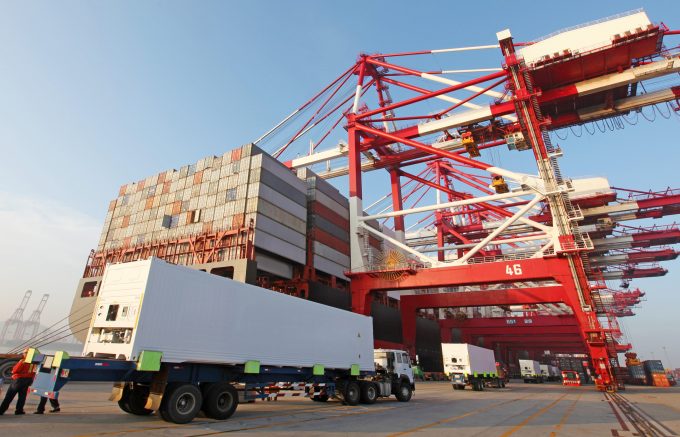Smart containers are the key to a more-visible supply chain
Current pressures on the international supply chain, and the increased volatility expected in the future, ...

“Disreputable” shippers are putting lives and the supply chain at risk when they fail to meet the basic safety standards in the Container Transport Units Code (CTU).
Some aspects of non-compliance in container packing had worsened since the 2014 CTU update, warned Richard Brough, technical advisor at ...

Comment on this article
ROGER LAKE KAGAN
March 08, 2017 at 1:26 pmAs a DGSA to over 70 companies, and our Company services over 350 companies in the UK, I am also a consultant to my old business Andersen Harvey Lake & Co now inside the AFWW Group. I currently have a client forwarder , who will not see the traffic he is sending after his client loads the box. The forwarder to his credit felt something was wrong , rang me , and asked me to intervene. As the Shipper was not a client, I charged £50 for an hours telephone and follow up email(still unpaid),the forwarder has no client, he has seemingly shipped the cargo from the UK unlabelled , unplacarded, and undeclared! Until regulatory agency’s such as MCA in the UK advise they are happy to follow up on such reported to them by a DGSA, the port activity or line ditto have no interest . I do not have the booking data to work out which line. Some years ago in Vancouver I did a presentation to the International Marine Underwriters Association on Dangerous Goods. Time for another one Perry ?